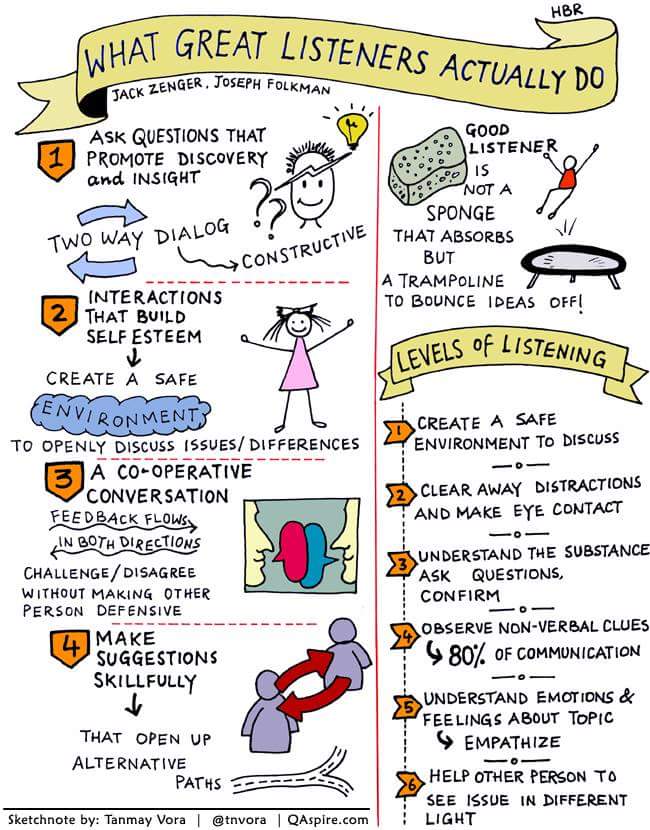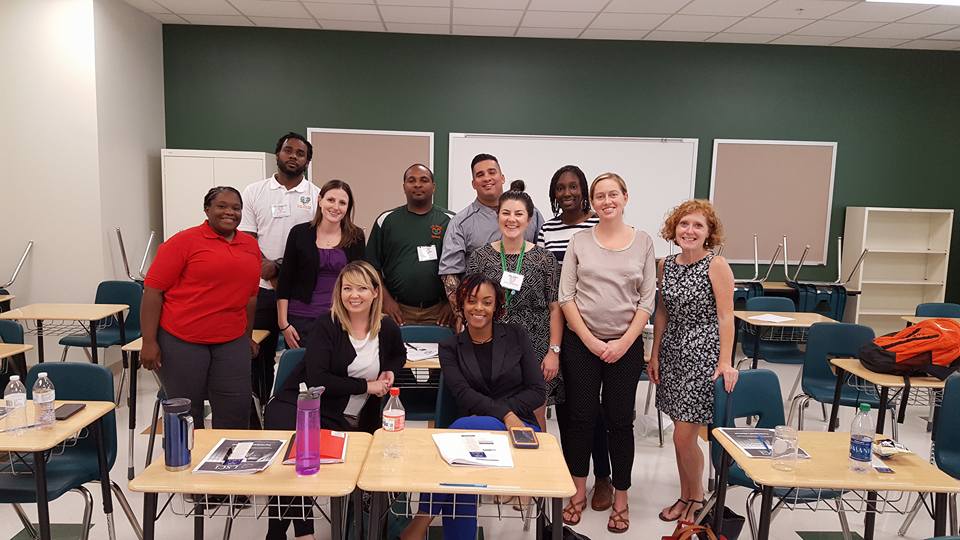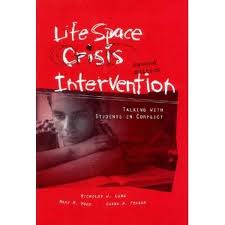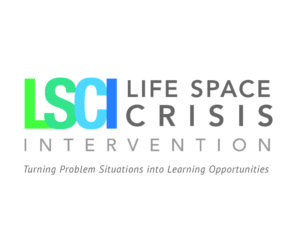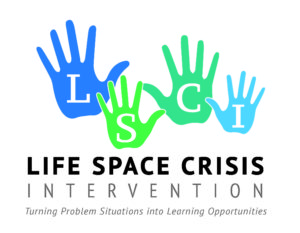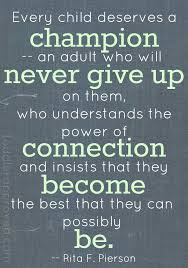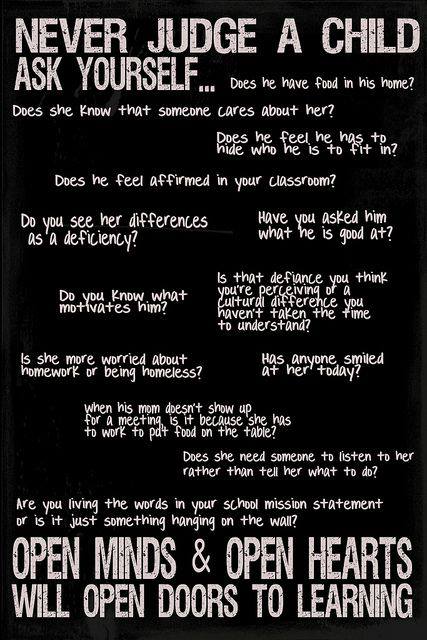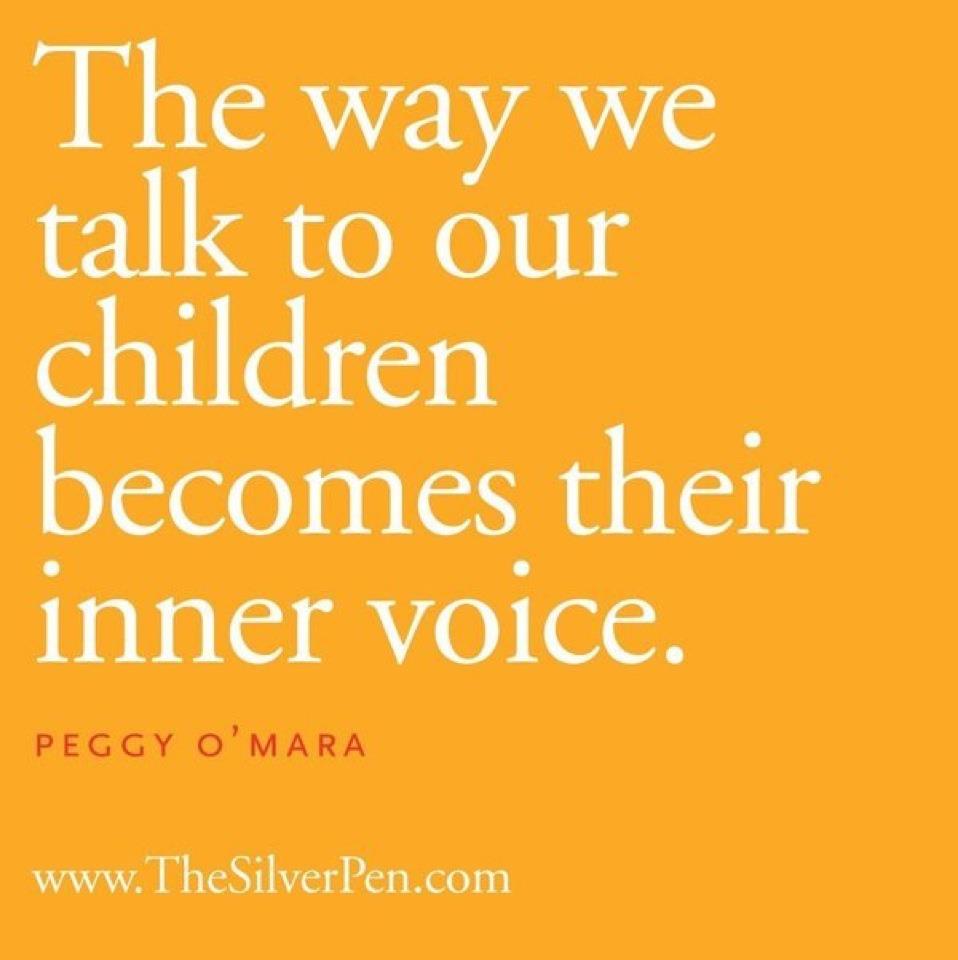Posts tagged LSCI
LSCI with Hurt Children: A Red Flag Intervention Example
0Ever wonder what LSCI really sounds like, when put into action with children and youth? Here’s your chance to “listen in” on a Red Flag intervention, conducted in Belgium by one of our Master Trainers, Gerrit deMoor.
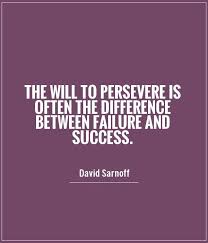 Life Space Crisis Intervention with Hurt Children:
Life Space Crisis Intervention with Hurt Children:
A Red Flag Reclaiming Intervention
By: Gerrit deMoor, LSCI Master Trainer
Master Facilitator of the International Virtues Project
MFC Sint-Gregorius, Belgium
Introduction & Background
Kenny is an 11 year old boy. He has been in our residential care center for six years and I have been working with him, mostly on an individual basis, for about 3 years.
Kenny grew up as the oldest of six children and has been a witness and a victim of domestic violence. He was abused by his father and later, when his father was no longer allowed to have contact with his wife and children, Kenny was the victim of violence by his mother’s new partner. Being the oldest of the children, it seems Kenny is the scapegoat of the family. All the children are severely punished when things are not working out as mama’s partner expected, but Kenny usually suffers the most.
Once, when he was in crisis and overwhelmed by emotions, he told us that he is forbidden to talk about the situation at home, otherwise he would be punished even more. He never talked about it afterwards.
Kenny is verbally not very strong and mostly bottles up his feelings until he explodes. On these occasions, he often must be physically restrained due to his dangerous level of aggression. Even then, he only calms down due to fatigue. When an adult tries to use LSCI after a crisis situation, Kenny has typically gotten himself back under control and lets no one come close to his inner world. This story is about an LSCI I recently did with Kenny. It was the first time ever that he reflected upon a crisis and that he really could formulate insight into his behavior.
Stage 1: Drain Off
I was called by a colleague to restrain Kenny because he was physically aggressive and he was a danger for other children and for the adults. Two colleagues and I brought him to the quiet room. I stood in the doorway in order to show some nearness towards him and to try to get connected with him. He seemed to calm down and I asked him if he had enough self-control to go to his room with me. He agreed. When we were in his room, I asked him if he was all right. He affirmed. I told him I was glad that he settled down quiet quickly. I saw he relaxed physically.
Stage 2: Timeline
I got back to his anger and asked what happened that made him that angry.
Normally he blocks such questions, but now – to my surprise – he started talking: He told me that he and John had a quarrel over a football. It was not clear who was the owner of the ball they were playing with. Kenny told John that it was his property, while John was convinced that the ball belonged to the group. While telling this, Kenny tells me that he had found the ball a couple of weeks ago and that he went by all of the groups to ask whose ball it was. It belonged to no one, so Kenny considered the ball to be his.
But as he is talking to me, it turned out that the fight with John started earlier: the children were playing soccer and at a certain moment John had taken the ball and told the other children to run away from Kenny. Kenny ignored the teasing, but he told John to ‘give my ball back’. And then John said the ball belonged to the group and was not Kenny’s. That was the start of the quarrel about the ball.
The educator had heard the discussion, but as she was a temporary staff member, replacing someone who was ill for a couple of weeks, she didn’t know the real owner of the ball. So she told the children that she would put the ball aside in order to find out the real truth about it when other staff members would show up. As a result, Kenny got angry at my colleague and pushed her away in order to get his assumed ball. For safety reasons, we have a procedure that children that are physically aggressive are brought to the quiet room. So that is what happened to Kenny.
I asked Kenny what my colleague tried to obtain by putting the ball aside. “Was she trying to hassle you like John did?” He kept silent for a few seconds. I could see he was thinking and wondering if he could take the risk of being honest with me. “No” he said.
“What was her goal?” I asked.
Silence again.
“She was trying to stop the fight between me and John?” was his rhetorical question.
I acknowledged his courage to think things over and share his thoughts with me.
Stage 3: Central Issue
Then, I summarized his story: “So Kenny, you were playing football with some other children. At a certain moment John takes the ball and orders the other children to run away from you. To me, this looks like teasing. But you ignored the teasing. That is really thoughtful and strong. But you want your ball back and you say that to John. When John says it is not your ball, you both end up in a huge discussion. Right?”
He affirms.
“Now, Ms. Kathy hears about your fight. She’s not sure about the ball. She wants no fight between the two of you and she decides to put the ball aside and ask her colleagues. But then you start a fight with Ms. Kathy.”
I summarize with a neutral voice; like I am reading the news bulletin.
He is clearly embarrassed with this summary.
Stage 4: Insight
There is again a moment of silence and suddenly he says: “This happens often to me.” I asked for more details about this statement. “Well, it often happens that I am angry at someone. But when I get angry, I get angry at everybody who is in my neighborhood.”
Now, that sure is a hell of an insight when we are dealing with a Red Flag Reclaiming Intervention. I am surprised and happy with so much insight.
To be sure, I asked him: “So you were in fact angry at John, but you acted your anger out at Ms. Kathy. But you are not really angry with Ms. Kathy. Do I understand this well?”
He nods.
Stage 5: New Skills
Immediately, Kenny wants to apologize to Ms. Kathy. But as it turns out that he doesn’t know very well how to do that, so we practice how to make a sincere apology together. The plan is to tell Ms. Kathy the insight phrase he just told me.
And then, I invite him to look at the future. “If this often happens to you, how can we prevent this from happening?”
We think together and we come to the conclusion that when he senses that he is getting angry: pounding heart, fast breathing, etc, he asks to go to the quiet room by himself, with no restraining by the adults.
Stage 6: Transfer of Skills
With all of this insight and future plans, we go to Ms. Kathy. I made the introduction and he had a good talk with my colleague.
Hopefully, this is the start of a profound behavioral change for Kenny together with a stronger connectedness between him and adults he can trust.
About the Author:
Gerrit De Moor is a Master Trainer for the LSCI Institute, working in Belgium. Gerrit graduated as an industrial  engineer in 1987 and started working in this field. He says he never felt at home in the industrial world, however, believing their view on man and the world made it hard for him to fit in.
engineer in 1987 and started working in this field. He says he never felt at home in the industrial world, however, believing their view on man and the world made it hard for him to fit in.
In 1990, Gerrit started a course on orthopedagogics and four years later earned his degree in this field. By ‘coincidence,’ he started working with children and youth with EBD. Gerrit soon became a specialist in developing individualized programs for prosocial skills.
In 2001, after 9/11, Gerrit says he was searching for a more positive framework to utilize with these children. He studied and implemented the paradigm of non-violence by a Belgian anthropologist: Pat Patfoort (http://www.patpatfoort.be/ENG-Pat.htm). One year later, his team was invited by Dr. Franky d’Oosterlnck to take part in the first European LSCI-training in Europe. The LSCI method turned out to match perfectly in the paradigm of non-violence.
Gerrit was invited by Dr. Franky D’Oosterlinck to assist at his trainings and in 2007, Gerrit traveled from Belgium to Columbus, OH to become certified as a Senior LSCI Trainer.
Since then, Gerrit has successfully conducted many LSCI Certification trainings and is actively involved in the EFeCT group (www.efect.be). In 2013, he was honored by the LSCI institute as a Master Trainer.
Gerrit is also a Master Facilitator of the Virtues Project. (www.virtuesproject.com) and author of a book on the issue of punishment. He is currently working on a translation in English of the Dutch book. For more information on Gerrit, please visit: https://be.linkedin.com/pub/gerrit-de-moor/50/920/154
Contact information:
Gerrit De Moor
e-mail: gerrit.de.moor@outlook.com
For more real-life examples of LSCI interventions, please visit https://www.lsci.org/learn-more/real-examples-of-lsci-interventions-with-kids/
SUNDAY STRATEGY: Listening & Building Self-Regulation in Kids
0Last week, I had the joy of bringing LSCI Certification training to the staff at my “home” school–Circle of Seasons Charter School in the Lehigh Valley of Pennsylvania. We spent four days learning about, talking about, watching videos about, and role playing various situations about how to effectively reach and teach challenging children and youth.
One of the things that makes LSCI so powerful of a strategy with students is that it gives adults very specific skills with which they can learn to LOOK BEYOND SURFACE BEHAVIOR and understand the unique beliefs, perceptions, thoughts, and feelings that drive disruptive or disrespectful behavior. LSCI teaches that effective listening is the path to self-regulation in students and show adults the importance of how to listen in order to:
- de-escalate
- understand a child’s perspective
- build insight and understanding
- cultivate trusting relationships
- teach new skills
- create long-term changes in behavior
- and so much more!
If you’d like to learn more about this powerful training experience, I invite you to visit www.lsci.org, contact someone who has recently attended an LSCI training, or email me at swhitson@lsci.org.
LSCI Essentials Training at Collegiate Academies in New Orleans
0What a joy it was earlier this week to travel to New Orleans (my old graduate school stomping grounds) to work with this smart, sharp, dedicated, compassionate, insightful group of educators, social workers, coaches, counselors, and leadership from the Journey Program at Sci Academy and GW Carver High School.
We are just starting to offer a 2-day version of the LSCI certification, called LSCI Essentials. In this course, we teach the foundations of LSCI, including the Conflict Cycle paradigm, Listening Skills, and De-escalation strategies along with teaching the Red Flag and Reality Rub interventions. For more information on this course, please email me or visit www.lsci.org to learn more about our full certification.
LSCI Training offers trauma-informed intervention for students
0“At Lincoln, the teachers and staff follow a few deceptively simple rules: Don’t take anything the student says personally and don’t mirror their behavior with an outburst of your own. The teachers give students time to calm down, often in the principal’s office or a special “quiet room.” Later, they inquire about what might be bothering them and ask if they want to talk about it.
Such seemingly straightforward techniques are actually based on hard science. In contrast to the fight-or-flight response triggered by perceived threats, seemingly minor acts of kindness, such as a few caring words from a teacher or a quick hug, can activate a cascade of Oxytocin, sometimes called the “love hormone.” In highly traumatized kids, such simple acts can have an outsized impact.
Kelsey says she was “shocked” when, after precipitating a violent fight with another girl during her freshman year, she wasn’t immediately arrested and kicked out of school. Instead, she went to the principal’s office to cool off. “I was given a bottle of water, a gentle pat on the back and time to reflect on my behavior,” recalled Kelsey. “Even the school cop talked to me calmly and helped me discuss what I had done.”
There were consequences: Kelsey was suspended for three days and charged with assault. But she never got into a fight again. “I saw that there were people in the building who cared about me and realized I could have gone to any of them to resolve the issue without a fight,” she said.”
Read on for more of this incredible article from The Atlantic. THIS is what LSCI practitioners have been doing for decades–allowing kids to Drain Off their intense emotions first, THEN using specific strategies to help them talk about their problems and learn new behaviors. THIS is the work that drives me and the reason I am so proud to be affiliated with the LSCI Institute!
To learn more, email me or visit www.lsci.org today to get certified in the skills of LSCI before the new school year begins!
http://www.theatlantic.com/education/archive/2016/07/teaching-traumatized-kids/490214/
Life Space Crisis Intervention (LSCI) LOGO Contest is Open. Vote now!
0I need your help! As many of you know, I am the COO of the fantastic Life Space Crisis Intervention Institute–a training program whose elements I use every single day in my work with young people.
We are in the process of updating our logo and have narrowed our designs down to these three choices. Please let me know which one of the images below you find most visually appealing and which one you think best communicates LSCI’s work with professionals, parents, and kiddos.
Simply identify your vote as being for Image 1 (ALL Capital letters), Image 2 (lowercase lsci), or Image 3 (handprints). Everyone who votes in the Comments section below will be entered in a random drawing to win a free copy of the LSCI text: Talking With Students in Conflict.
Winner announced on 6/15!
What LSCI Training Offers to New (and Experienced!) Educators
0“Get to know them, indulge your curiosity, spend time learning about who they are as human beings; the rest will follow. Your students will remember how you made them feel, whether they felt loved and cared for by you.”
Check out this great article from the folks at Edutopia that shares what one teacher wishes she had known at the beginning of her career:
Then, please visit www.lsci.org to check out how this organization, which I have been affiliated with for 15 years, gives adults the skills they need to look beyond a student’s surface behavior and get to know the child within.
Looking Beyond Behavior to Get to Know a Child’s Real Needs
0One of the greatest strengths of LSCI training is how it teaches adults to get to know “the inside kid.” To look beyond behavior, to take time to make a child feel heard and understood, and to ask about the thoughts and feelings. This intervention reminds me of something an LSCI-certified professional would do!
“Nothing Comes from Nothing:” Important Questions for Educators to Bear in Mind
0The LSCI Institute offers Training for Parents, Foster Parents & Caregivers
0Trainings from the Parents Division of the LSCI Institute help parents and caregivers learn specific skills for building positive relationships with kids, prevent and de-escalate conflicts, and utilize consistent, verbal strategies for crisis intervention. The LSCI Skills for Parents trainings:
- Provide parents with specific skills for building positive relationships with kids
- Encourage the use of preventative and non-physical crisis de-escalation strategies
- Provide a framework for verbal crisis intervention that is consistent from situation to situation
Part 1: Conflict Prevention & De-Escalation
The Conflict Prevention & De-Escalation course presents foundational LSCI concepts such as the Conflict Cycle™, effective listening, crisis de-escalation, and “Timeline” skills through engaging activities and discussions that are relevant and accessible to parents and caregivers. Part 1 can be taught as a 1-day course or as a series of hour-long workshops.
Part 2: Managing Challenging Behaviors
The Managing Challenging Behaviors program identifies the six most common, chronic self-defeating patterns of behavior in kids and provides parents with a consistent 4-step process that helps families effectively address and modify each one. Part 2 of the curriculum is designed as an 8-session program, with one session dedicated to each of the six self-defeating patterns, along with an Introduction and Conclusion session.
FIND OUT what participants are saying about LSCI Skills for Parents trainings: http://www.lsci.org/parents-division-lsci-institute
FOR MORE INFORMATION & TO SCHEDULE an LSCI Skills for Parents course, please click on the LSCI Training page or email me at signe@signewhitson.com.
